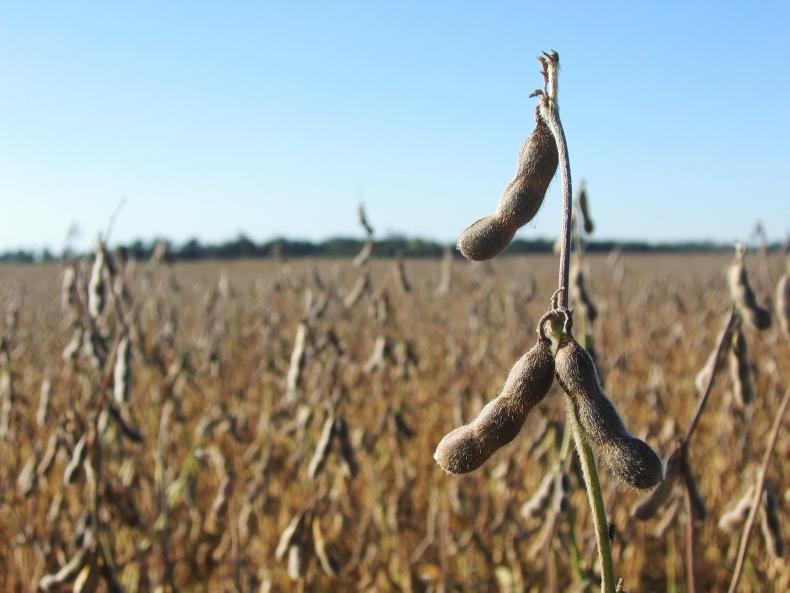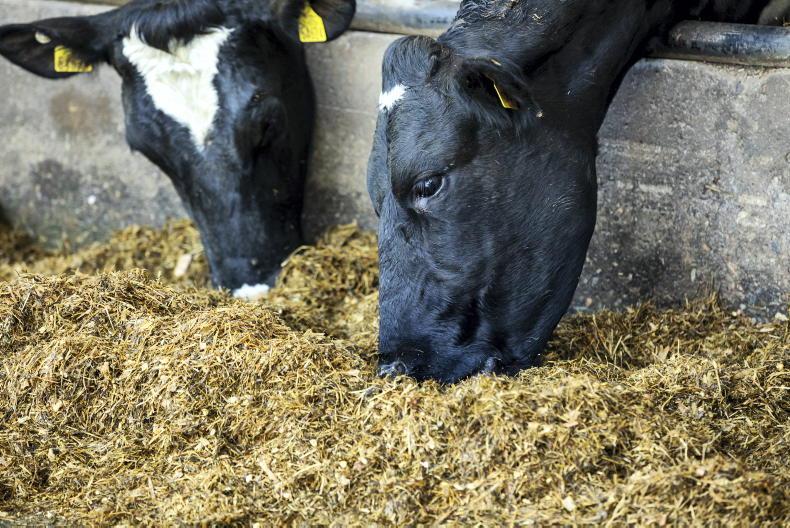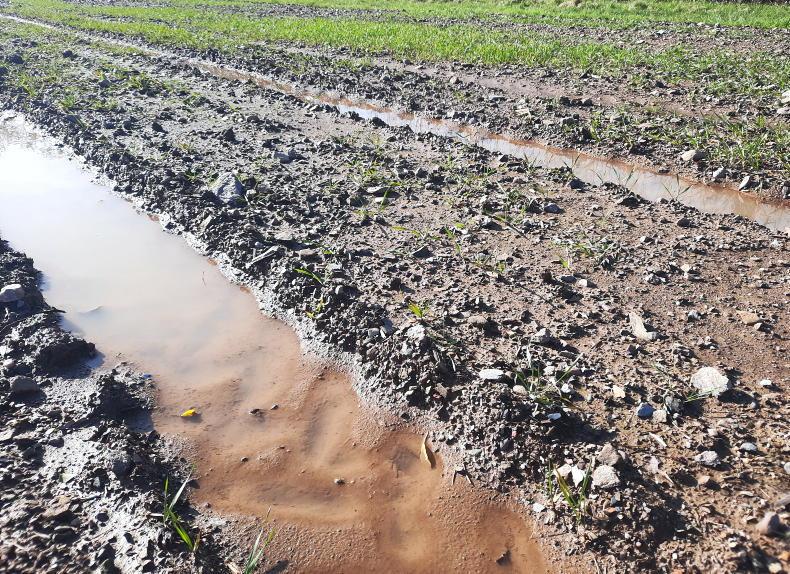France and Austria, which have developed national plant-based protein strategies, have jointly signed a declaration calling on the European Commission to develop a European protein strategy that accounts for member states’ national efforts.
They call on the EU to build on its 2018 report on the development of plant proteins.
According to the declaration, “maintaining functioning, sustainable and resilient food supply chains is crucial for our future”.
Achieving this goal necessitates making the best use of European agriculture, especially with regard to the cultivation of plant-based proteins.
An EU-wide strategy should be in line with Green Deal goals. It should cover all aspects from increasing production to developing a processing sector for food and feed while supporting research and innovation, according to the declaration.
The increased cultivation of legumes will contribute to a more sustainable and diversified agriculture
The French and Austrian governments point to the benefits of plant-based proteins, highlighting the ability to fix nitrogen from the air and reduce the dependency on mineral nitrogen.
The increased cultivation of legumes will contribute to a more sustainable and diversified agriculture with less dependence on mineral fertiliser use.
Ultimately, the development of legumes will help to address the climate and environmental challenges faced by EU agriculture and help to meet Green Deal objectives according to the declaration.
Proposed actions
In addition to ensuring high environmental, health and quality standards in Europe, the declaration states that increasing plant-based protein crops in Europe may mitigate deforestation, biodiversity loss and eco-system degradation outside of the EU.
They identify a number of actions:
Increase production of plant-based proteins.Develop supply chains and a regional value chain which includes processing capabilities for food and feed use.Focus on plant breeding. Promote the diversification of protein intake in line with recommendations on nutrition and health.Both France and Austria have made significant commitments to grow their domestic production sectors. France aims to double the area of protein-rich plants such as soya, peas, pulses and alfafa to two million hectares or 8% of agricultural area by 2030.
France and Austria, which have developed national plant-based protein strategies, have jointly signed a declaration calling on the European Commission to develop a European protein strategy that accounts for member states’ national efforts.
They call on the EU to build on its 2018 report on the development of plant proteins.
According to the declaration, “maintaining functioning, sustainable and resilient food supply chains is crucial for our future”.
Achieving this goal necessitates making the best use of European agriculture, especially with regard to the cultivation of plant-based proteins.
An EU-wide strategy should be in line with Green Deal goals. It should cover all aspects from increasing production to developing a processing sector for food and feed while supporting research and innovation, according to the declaration.
The increased cultivation of legumes will contribute to a more sustainable and diversified agriculture
The French and Austrian governments point to the benefits of plant-based proteins, highlighting the ability to fix nitrogen from the air and reduce the dependency on mineral nitrogen.
The increased cultivation of legumes will contribute to a more sustainable and diversified agriculture with less dependence on mineral fertiliser use.
Ultimately, the development of legumes will help to address the climate and environmental challenges faced by EU agriculture and help to meet Green Deal objectives according to the declaration.
Proposed actions
In addition to ensuring high environmental, health and quality standards in Europe, the declaration states that increasing plant-based protein crops in Europe may mitigate deforestation, biodiversity loss and eco-system degradation outside of the EU.
They identify a number of actions:
Increase production of plant-based proteins.Develop supply chains and a regional value chain which includes processing capabilities for food and feed use.Focus on plant breeding. Promote the diversification of protein intake in line with recommendations on nutrition and health.Both France and Austria have made significant commitments to grow their domestic production sectors. France aims to double the area of protein-rich plants such as soya, peas, pulses and alfafa to two million hectares or 8% of agricultural area by 2030.










SHARING OPTIONS